If writer/director Oren Moverman was trying to comment on the self-indulgence of wealthy elites in his adaptation of Dutch author Herman Koch’s best-selling novel, he only succeeded in displaying his own lack of restraint. The Dinner is a ponderously paced piece of pompous pedantry posing as a psychological thriller, a film with a pronounced tendency to favor style over substance that fails to commit sufficiently to either.
The basic premise is rooted in the deep-seated familial conflict between two brothers, a prominent politician played by Richard Gere and a washed-up history teacher with a screw loose played by Steve Coogan. The two meet at a ridiculously upscale restaurant, along with their respective wives (Laura Linney, Rebecca Hall), to address a heinous crime in which their sons were involved. Based on a limited plot description alone, The Dinner would appear to be a tightly wound psychodrama with high emotional stakes and a claustrophobic setting — but don’t get your hopes up, the tension implied by the premise is utterly squandered.
Moverman’s script ill-advisedly plays with story structure at every turn, jumping back and forth in linear time through a series of increasingly ineffective flashbacks. While Coogan and Gere perform admirably, and Linney borders on masterful in her turn as a “tiger mom” in sheep’s clothing, even a cast this talented can’t make up for the lengthy and meandering asides Moverman drags their characters through. In some ways, this movie is an inversion of Bunuel’s The Discreet Charm of the Bourgeoisie; in that film, wealthy aristocrats talk endlessly and never manage to eat, while in The Dinner the characters eat constantly but avoid the relevant discussion for the first 90 minutes of screen time.
With a cast this good, a director with the art house bona fides of Moverman and rich source material, there’s simply no excuse for The Dinner to be this tedious. It’s a particularly unattractive film, both visually and narratively. Cinematographer Bobby Bukowski occasionally flirts with interesting framing and lighting cues that call to mind a midperiod Argento, but with none of the visual interest that comparison implies — and when he gets to the flashback sequences, the film becomes almost unbearably ugly. It’s as though Moverman came to the table with a laundry list of boundary-pushing ideas but no guiding principle under which to organize them.
Inconsistency abounds in both style and tone, as Moverman seems incapable of deciding whether this story is a nihilistic satire or a politically charged social commentary, and in the process, he deprives himself of options to achieve a suitable catharsis in the third act. The ending is so abrupt, so narratively arbitrary, that I had to check my notes to make sure I hadn’t missed something. Indeed I hadn’t, but by that point, I found it difficult to care what happened to these four fundamentally unlikable characters and their sociopathic offspring. The Dinner is the cinematic equivalent of waiting too long for fast food at a drive-thru window — an unfulfilling waste of time that leads to nothing worthwhile. Rated R for disturbing violent content, and language throughout. Now Playing at Carolina Cinemark, Grail Moviehouse.



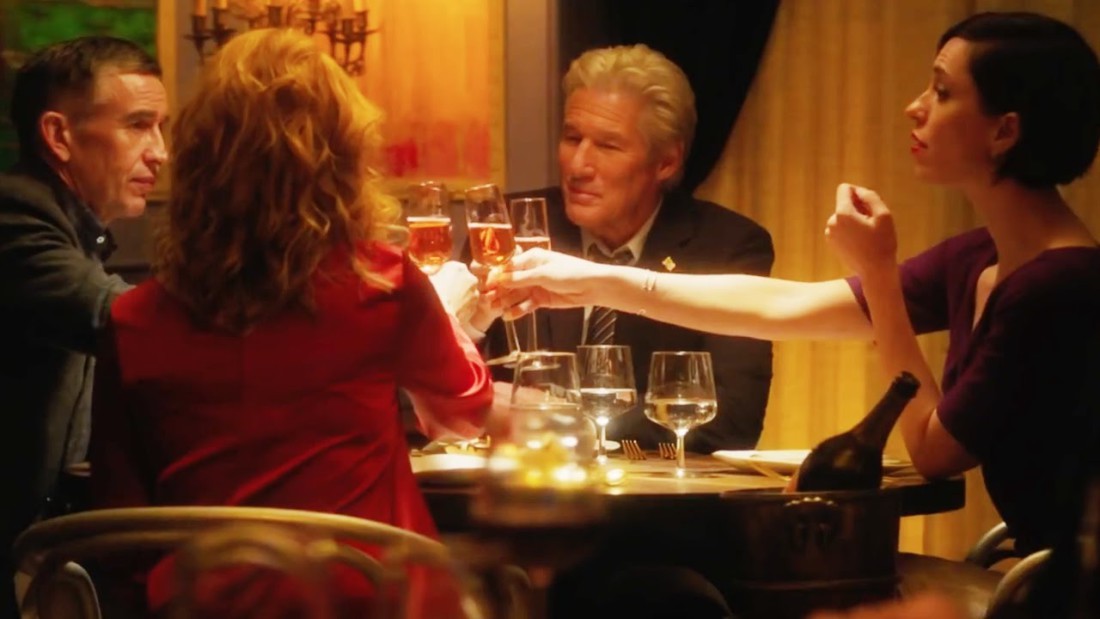
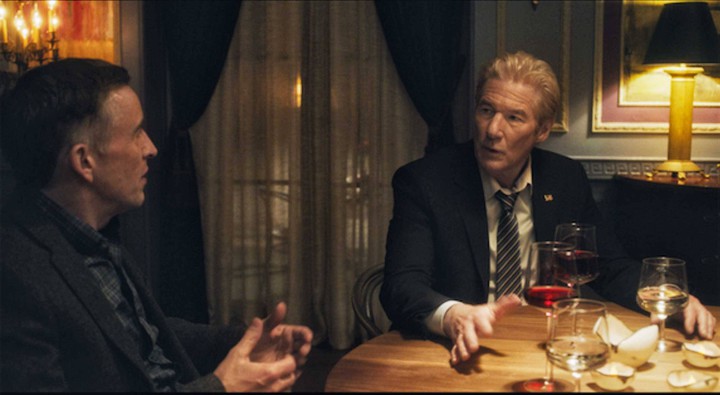
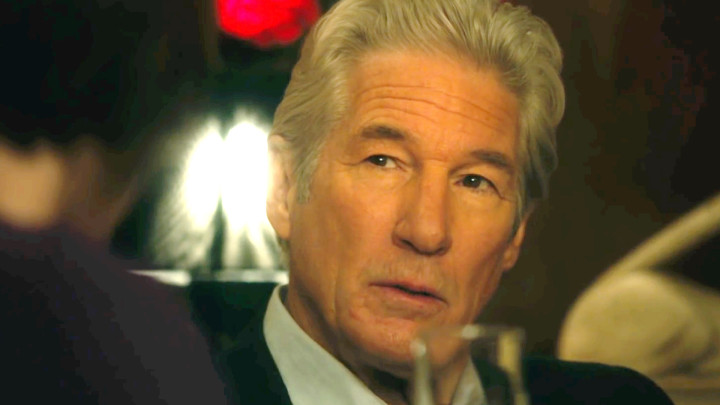
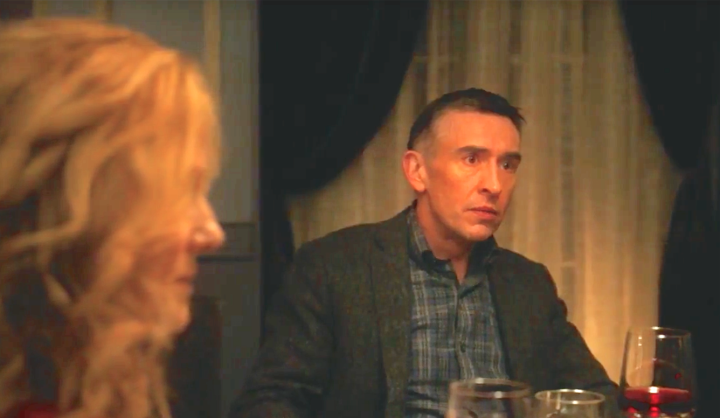
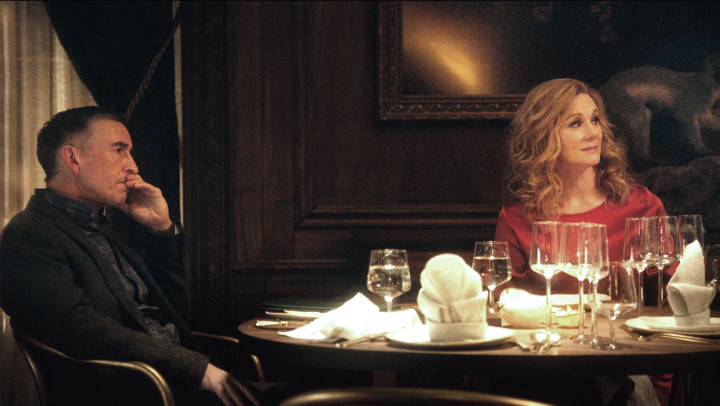
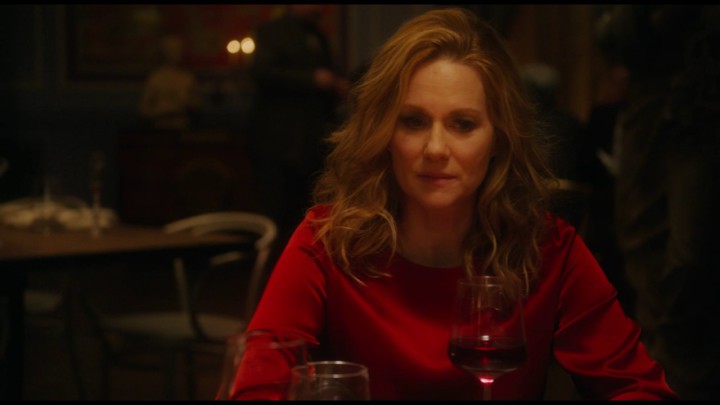
Oh no, I was looking forward to this one.
I’m sure I am alone on this but I thought it was great except for one scene that ran on way to long (the one set in a certain battlefield) The acting was top notch and it had my kind of ending, one left up to the viewer to decide. It is a dark film and you leave having no faith in humanity but it’s better than the crap in the multiplexes now.
I’m a bit late here. There was a lot wrong about this movie but for me one major error was the casting of Steve Coogan. His was really the pivotal character in the movie and in my opinion he just doesn’t have the acting chops to carry it successfully. Additionally, his American accent wasn’t very good which I found distracting. It still wouldn’t have been a great movie with a better actor in that role but the three other excellent performances (by Linney, Gere and Hall) would have been better served.